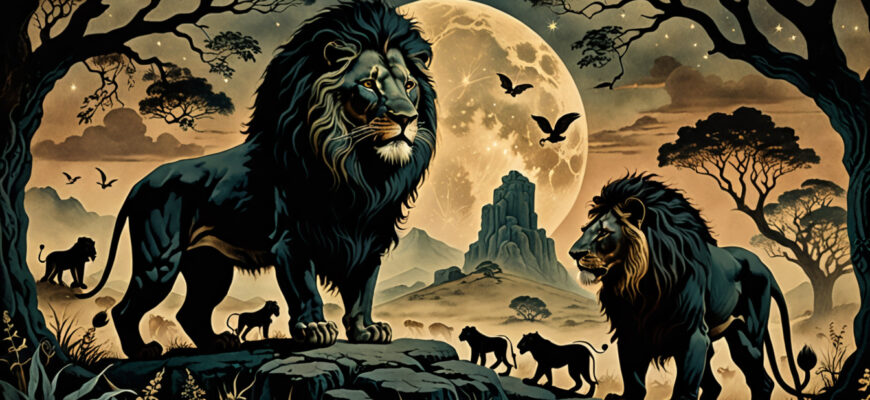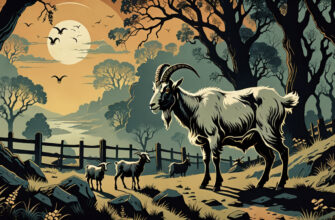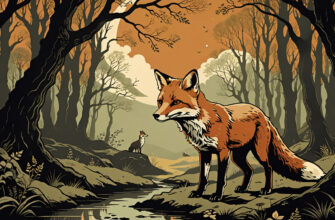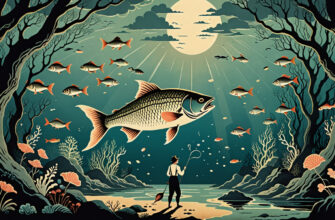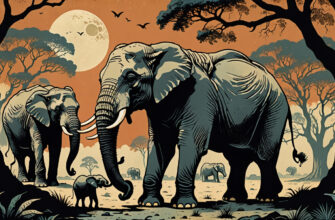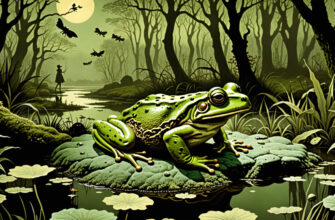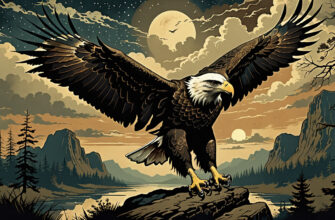Ever had a dream with a black lion and woke up like your soul just ran a marathon? You’re not imagining the intensity. This isn’t your standard lion-as-courage dream. A black lion feels mythic, almost cinematic. You don’t just see it—you feel it vibrate through your chest even after you wake up. Because this symbol isn’t casual. It’s loaded.
Black lions don’t even exist in the wild, which makes them immediate symbols of the unreal and the unknown. That’s why so many people wake from these dreams with a mix of awe, deep fear, and fascination they can’t shake. It’s not just what the lion does in your dream—it’s what it unlocks.
When people Google phrases like “What does it mean when I dream of a black lion?”, they’re really trying to decode an emotional earthquake: Am I in danger? Am I powerful? Am I changing into someone I barely recognize? In most cases, a black lion dream is soaked in symbolism—ranging from nightmares to cosmic power to an emotional trial by fire. It shows up when something deeper wants to be seen: challenge, transformation, intensity, or even a repressed part of yourself trying to take the mic.
Black Lion Dream Symbolism: A Map Of Meaning
A black lion carries weight—you can’t easily ignore it or explain it away. It’s not just a cat with fur darker than usual. It’s the fusion of power, mystery, and your deepest psychological shadow. Below are some key layers embedded in what this dream may reveal:
- Fighting for Control: If the black lion is hostile or chasing you, the dream could reflect a power struggle. Either you’re wrestling with someone’s control over your life—or you’re suppressing your own dominance. This might happen during toxic relationships, high-pressure jobs, or major life decisions.
- Unseen Leadership Potential: If you see yourself leading or commanding the lion, it might signal that you’ve underestimated your own authority. Maybe it’s time to own your place, speak up, or stop letting others write your script.
Carl Jung’s theory of the “shadow self” hits hard here. The black lion might not be evil—but it does represent what lives in your blind spots: unspoken guilt, secret ambitions, bottled-up rage, or sexual energy you’ve locked away. Think of it as a masked bodyguard. Sometimes it shields you. Sometimes it sabotages everything.
And then there’s the spiritual side. Some interpret black lions as totem dream animals—signals of strength, survival, and instinctual wisdom. They tend to show up in dreams when someone is going through major disruption or inner upheaval. Think breakups, career shocks, even awakenings. A black lion in your dreams might be saying: The rules have changed. Strength now looks different.
Here’s how that all stacks up in different frameworks:
| Tradition / System | Symbolic Meaning of Black Lion |
|---|---|
| Jungian Psychology | Shadow integration, repressed instincts, wild energy |
| Spiritual/Totem | Power during crisis, protection, survival-driven energy |
| Lucid Dream Theory | Portal to higher awareness, challenge-oriented growth |
| Energy Healing (Chakras) | Root authority, survival blocks, desire to reclaim power |
Some dreamers report that the vibe of the black lion feels oddly calm, like it’s not hunting them, but following—or waiting. These moments feel like liminal spaces, where the dream world isn’t just fantasy, but a veil being lifted. Could it be a guardian in heavy form? Or a challenge dressed like a threat?
Here’s where things get even weirder: If the lion appears during moments of trauma—say the loss of a loved one, an intense breakup, or even a near-death experience—it can act as a psychic threshold. A sort of dream portal. Not made to comfort, but to push.
Bottom line: whether it snarls in your face or stands beside you in eerie silence, the black lion forces a question. Who holds the power now? And are you hiding from it—or wearing it?
Psychological Breakdown: Fear, Rage, and Repression
Waking up from a dream about a black lion isn’t just weird—it sticks. It’s not like dreaming of your ex or missing a train. This is primal. It’s chase-or-be-chased energy. So what’s going on under the surface?
Dreams of being chased, hunted, devoured, or frozen in fear around a black lion often scream unresolved trauma. This lion isn’t your average Simba. It’s darker, heavier, charged with secrets your waking self isn’t ready to face. If that lion is breathing down your neck or pouncing, ask yourself—what need, emotion, or memory am I shoving down so hard it turned into a beast?
Not every black lion attacks. Some dreamers command the lion, walk beside it, or even ride it. That vision flips the switch from fight-or-flight to wielding power. It could be your higher self flexing its voice. Or someone else’s energy breathing down your neck—bosses, lovers, abusers—those who dominate and those who disappear you.
Freud would love this dream. Why? Because that lion isn’t just metaphor—it’s metaphor with a hard-on. Erotic danger seeps through. Forbidden desire, shame-loaded longing, and the hungers you won’t admit swirl into this shadowy creature. It might be your libido, locked in a cage. Or rage, hot and wild, rebranded as fear. Either way, the black lion wants out.
- The lion cages you = you’re crushed by your own repression.
- You cage the lion = you’re trying to leash your desires before they ruin you.
- You ride the lion = you’ve just begun to own your fire. Don’t fall off.
This isn’t just about night terrors. It’s a call-out. The black lion asks—who holds the leash right now: your fear or your fury?
Cultural and Mythological Layers
This dream doesn’t live in a blank space. Myth, art, collective story—all of it shadows the black lion with deeper code. Start with the roots: in African folktales, lions often appear as divine messengers, guardians from the spirit realm, or the raw voice of ancestors. The black lion? That’s not just spirit—it’s spirit wrapped in shadow. A boss-level elder you can’t ignore.
Folklore flips depending on who’s holding the story. To some ancient traditions, the color black speaks of the unknown, the hidden—the source of power that’s been ignored or erased. So when you see a black lion, you’re staring into the parts of culture, self, and history that got buried. It can whisper of systemic invisibility—of bold, wild strength kept out of sight because the world wasn’t ready.
Fast-forward to pop culture and personal storytelling. Black lions pop up in tattoos, murals, alt fashion. They’re power symbols for rebels and introspective types alike. Not just “king of the jungle”—king of the dark parts of the self. People resonate because this symbol doesn’t promise safety. It promises truth.
Why do we crave an impossible creature? Maybe because a regular lion is confidence. A black lion? That’s confidence with bite. The outsider’s power. The quiet strength nobody sees coming. Or maybe it’s just cool as hell—and cool enough to carry the weight of our real emotions, too. Either way, this isn’t just a dream animal. It’s a confrontation with legacy and silence.
